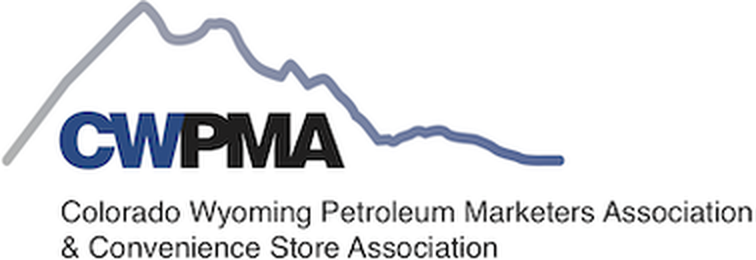Climate change and air quality are a priority for all us. Our children and grandchildren will inherit our legacy…either good or bad. The petroleum marketer industry understands the importance of getting it right. In our opinion, HB-1261 is not the answer. Our industry and members have made major strides in the past twenty years on reducing emissions and we continue to improve. It is also appropriate…in light of the emissions contributions from the transportation fuels sector... that hydrocarbon fuels are part of the conversation.
Colorado citizens should know that that we are about 1.6 percent of the nation’s transportation fuel consumption. Realizing the language in this bill closely mirrors the similar enacting California language in 2006 (a Low Carbon Fuel mandate), we have to ask if that is the sole point on HB -1261. The Air Quality Control Council (AQCC) already regulates emissions from these sectors through Regulation 7.
We are also concerned that the General Assembly is giving state preemption power to this commission. This will force counties and cities without air quality issues into mandated fuel specifications and fuel types (reformulated cocktails) that will cost citizens more money and take money out of family budgets. California regulators have estimated that these almost identical regulations cost California consumers about 40 cents per gallon. Put in Colorado terms, this is a $900 million decision affecting fuel prices that the General Assembly is empowering one regulatory agency to make. We believe that these policy debates are incredibly important and that citizens should be able to come and speak directly to their elected officials about regulations that increase fuel prices…not an appointed, unelected board.
The Governor of Colorado has recently stopped State administrative authorities from applying to the EPA to take into account emissions from out-of-state sources when evaluating ozone attainment thresholds. This decision now makes Colorado citizens responsible for emissions from China and other sources, as an example. This will definitively force consideration of more expensive fuel blends in the current non-attainment area and force more parts of the state into non-attainment.
Being an elected official is hard, but voters in Colorado expect the folks they elect to make hard decisions. If the General Assembly wants to increase costs on consumers for the purpose of climate change and wants to debate the cost benefit analysis of different strategies, we are ready to have that debate publicly and in full transparency through the legislative process. The alternative…and the one suggested by HB 1261... is that the policy-making power be delegated to an unelected board. The process at the AQCC is not as accessible or visible to the public making it more difficult to participate or comment. In addition, information is not being considered by elected officials who regularly interact with the public and conduct public meetings, but rather the proposed rules and the input would be weighed by unelected individuals whose decisions may result in substantial costs and others impacts to the general public. Decisions affecting the economy, jobs, or the public’s welfare should be the purview of elected officials who regularly must balance out the competing needs in our society.
Colorado should do better.







